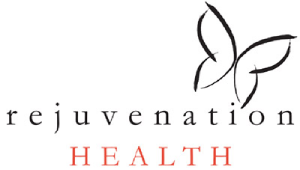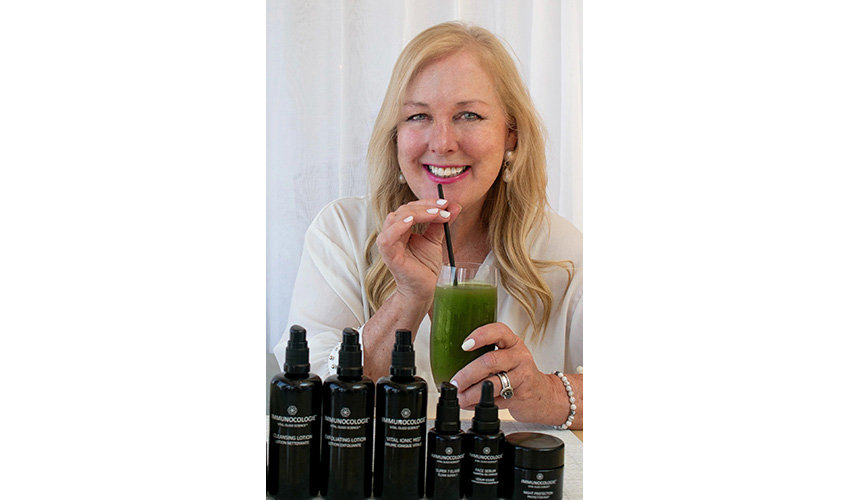Nutrition impacts your oral health, as well as your whole-body health. Many foods and drinks can wreak havoc on your teeth and gums. Your oral health is essential, so avoid these harmful foods, or at least make the time to rinse out your mouth after consuming them.
What foods are the worst for your teeth? Sugary foods and acidic foods are the worst foods for your teeth. Sugar and starches feed harmful bacteria, which release acids to erode your teeth. Acidic foods skip the first step and coat your teeth with harmful acids. Rinse your mouth with water after eating or drinking sugary and acidic foods.
Watch out for these 11 foods that are bad for your teeth and oral health. Read to the end to find the good foods for your oral health and dental care.
If you want a biological approach to healing your teeth or preventing tooth decay, schedule an appointment with Rejuvenation Dentistry in NYC. We have decades of experience restoring patients’ oral microbiomes using non-invasive and science-backed treatments.
1. Dried Fruit
Crispy fruit helps produce saliva flow, but dried fruit is often high in sugar and sticks to your teeth. When that sugar adheres to your teeth, harmful bacteria feed and produce acid that hurts your teeth.
If you consume dried fruit, floss, then rinse your mouth with water immediately afterward.
Here’s a list of chewy/sticky foods to avoid for healthier teeth:
- Dried fruit
- Caramels
- Chewy candy
2. Soda
Soda is hard on your teeth. Both standard and diet soda can harm your tooth enamel. Standard soft drinks have high sugar content, but both types of soda are acidic.
After you drink soda, don’t brush your teeth right away. You would be rubbing sugars and acids into your enamel and eroding the surface of your teeth. Instead, rinse your mouth out with water.
Unsweetened carbonated water shouldn’t cause problems for your teeth. Beware — some sugarless products contain potentially harmful ingredients such as potassium bicarbonate, sodium citrate, and artificial flavoring.
Acidic drinks to avoid/moderate include:
- Regular and diet soda
- Beer/wine/spirits
- Carbonated drinks that contain potassium bicarbonate or sodium citrate
- Fruit juices (which we discuss more below)
- Lemonade
3. Cake & Candy
Cake, candy, and sweets are full of sugar. Who knew Halloween and birthday parties were dangerous to your health?
Sugar — mainly processed and added sugar — is horrible for your teeth. Bad bacteria feed off the sugars, then release acids that harm your teeth and can lead to cavities (and bad breath).
The American Dental Association (ADA) recommends only 12-15 teaspoons of sugar every day. That’s about one bottle of soda’s worth.
Furthermore, hard candy can break off and damage your teeth and gums because it’s so hard and sharp.
If you eat cake, rinse out your mouth with water. Also, drink plenty of water with your cake.
If you eat candy, you may want to floss before rinsing out your mouth — especially if the candy is sticky or chewy like caramel.
Here’s a more complete list of high-sugar foods to consume in moderation to protect your teeth:
- Cake/pie/cupcakes
- Candy/candy bars
- Ice cream
- Honey
- Syrup
- Donuts
- Fudge
- Brownies
- Cookies
- Pudding
- Pancakes/waffles
- Candied nuts and fruits
- Packaged desserts
- Shave ice
- Milkshakes
- Sugary smoothies
- Rice Krispies treats
- Funnel cake and other fried desserts coated in powdered sugar
- Jell-O (sugar-free is a great alternative!)
- Many meal replacement bars (look for healthy sugar substitutes and opt for higher-protein bars)
4. Ice (When You Chew It)
Ice is just water, and water is good for you. But if you chew ice, it can damage your teeth and gums just because ice is hard and sharp.
Sucking on ice chips is much better for your oral health than chewing. Remember, water is the best thing for you. Drink water.
5. Potato Chips
Potato chips are starchy and easy to get stuck in between your teeth. Bacteria feed off starches much like sugar. The bacteria on your teeth release acids as a byproduct of consuming the starches, and these acids contribute to tooth decay.
If you eat potato chips or similar foods like Goldfish and cheese puffs, floss afterward to remove those tiny chunks from staying between your teeth.
6. Alcohol
Alcohol dries out the mouth. The same goes for alcohol-based mouthwashes! Since saliva helps wash out food particles and keeps harmful bacteria in check, dry mouth is a hotbed of plaque formation and tooth decay.
Not to mention, alcohol is a neurotoxin that can lead to brain trauma and dementia. Stay away from alcohol, and your dental health will thank you (as well as your brain).
Many medications also dry out the mouth, so be mindful of pharmaceutical side effects.
Read more: All About Dry Mouth
7. Lemons
Lemons are acidic. The low-pH citric acid can erode your enamel and weaken your teeth.
Do not brush your teeth after eating acidic foods like lemons, limes, and grapefruit. You’re scrubbing the acids into your teeth, further weakening your enamel. You should rinse your mouth out instead.
Citrus fruits, including lemons, are acidic and can harm your teeth. However, these citrus foods have health benefits like vitamin C and antioxidants, so we’re not saying to avoid eating these healthy snacks.
Rather, we recommend you make it a habit to rinse your mouth with water after eating citrus.
8. Coffee
Coffee is acidic, but it can also stain your teeth. This staining is superficial, but it’s still worth mentioning.
Caffeine can be beneficial, but if you sweeten your coffee, that sugar can further contribute to dental cavities.
Unsweetened coffee should be okay if you rinse your mouth with water after drinking it. It’s still not the best thing for your teeth though.
Red wine is similarly acidic and teeth-staining. Wine in moderation can lead to health benefits, but its tannins also dry out your mouth, which harms your oral health.
9. Juice & Sports Drinks
Juices and sports drinks often contain ridiculous amounts of sugar, which is terrible for your teeth. They’re also rather acidic.
Avoid drinking fruit juices unless they’re fresh-squeezed, to avoid more processed sugar and preservatives. You should still rinse your mouth with water immediately to prevent acids from slowly eating away at your teeth.
Low-sugar and sugar-free sports drinks might be better for your teeth because artificial sweeteners don’t feed the harmful bacteria in your mouth. However, artificial sweeteners have their disadvantages.
10. Pasta & Bread
Pasta and white bread can get stuck in your teeth. The starches and carbs then feed dental bacteria. Starches and simple carbs may be even worse than sugar for your dental health because you don’t think of them as “sugary.” Unfortunately, your mouth does treat them that way.
Pasta can be safe to eat if you’re careful not to get food particles stuck between your teeth. Floss if necessary. Rinse your mouth with water after every meal, especially after eating pasta or bread.
High-carb foods to avoid for strong teeth include:
- Pasta
- Bread
- Most potato/snack chips
- Potatoes
- Pretzels
- Breakfast cereals
- Canned fruits
- Regular milk (raw milk is a better alternative)
11. Tortilla Chips
Sharp foods can seriously damage gums. Tortilla chips are notorious for breaking off into tiny food knives and stabbing your gums, which can contribute to gingivitis and uncomfortable inflammation.
Similar foods that harm your gums include:
- Hard bread
- Toast
- Popcorn
- Candy
- Ice
- Cereal
- Hard fruits like apples and pears
Foods to Eat for Healthy Teeth
Check out this list of what to eat for healthier teeth and mouth:
-
- Water
- Fatty fish
- Nuts and seeds
- Calcium-rich dairy products
- Vegetables, especially celery and leafy greens
- Fruits, especially apples
- Sugarless gum, especially with xylitol
- Unsweetened green tea
Schedule an appointment with Rejuvenation Dentistry today if you want an integrative and biological approach to restoring your dental health. We help patients with tooth decay, gum disease, dental infections, systemic health problems, and dental anxiety.
Check out this fantastic book, The Mouth-Body Connection, by biological dentist Dr. Gerry Curatola.




